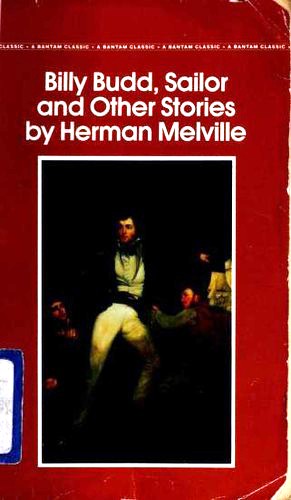

Typee (1846) grew out of Melville's accidental sojourn with the presumably cannibalistic natives of the Marquesas Islands. Also, there was a market for authentic personal narratives as opposed to fictional "romances." Three Novels of the South Seas Furthermore, maritime affairs were a matter of public interest.


At this time Polynesia was a romantic and little-known region. Returning four years later, he almost immediately began writing novels derived from his adventures. He tried various occupations-bank clerk, clerk in the family business, country schoolmaster-and he studied surveying before becoming a sailor.Īt 18 Melville made his first voyage as a crew member on a New York-Liverpool packet ship. Thereafter, he was largely self-educated and for a while something of a drifter (like Ishmael in Moby-Dick, who asserted that "a whale-ship was my Yale College and my Harvard"). Melville's studies at the Albany Academy terminated with his father's death. Included Revolutionary War heroes, Dutch patricians, Calvinists, and upper-middle-class New Englanders, but his boyhood was spent in genteel poverty. Melville's mother was of New York Dutch ancestry. His father, a merchant and importer, belonged to a well-connected Boston family he died bankrupt in 1832, survived by his wife and eight children. Melville was born in New York City on Aug. His reputation continues to grow, and Moby-Dick has become a world classic. Largely forgotten at the time of his death, he was rediscovered with the shift in taste that followed World War I. He had some success with his magazine sketches and short stories, but his poetry, a main concern during the latter part of his life, was ignored. Herman Melville's early autobiographical novels of adventure in the South Seas earned him a popularity that diminished as his writing turned to metaphysical themes and allegorical techniques, moving in directions that later generations would recognize as existentialism, Freudian psychologizing, and blackly comic satire. His work was a response, though often in a negative or ambivalent way, to the romantic movement that dominated American literature in the mid-19th century. American author Herman Melville (1819-1891) is best known for his novel Moby-Dick.


 0 kommentar(er)
0 kommentar(er)
